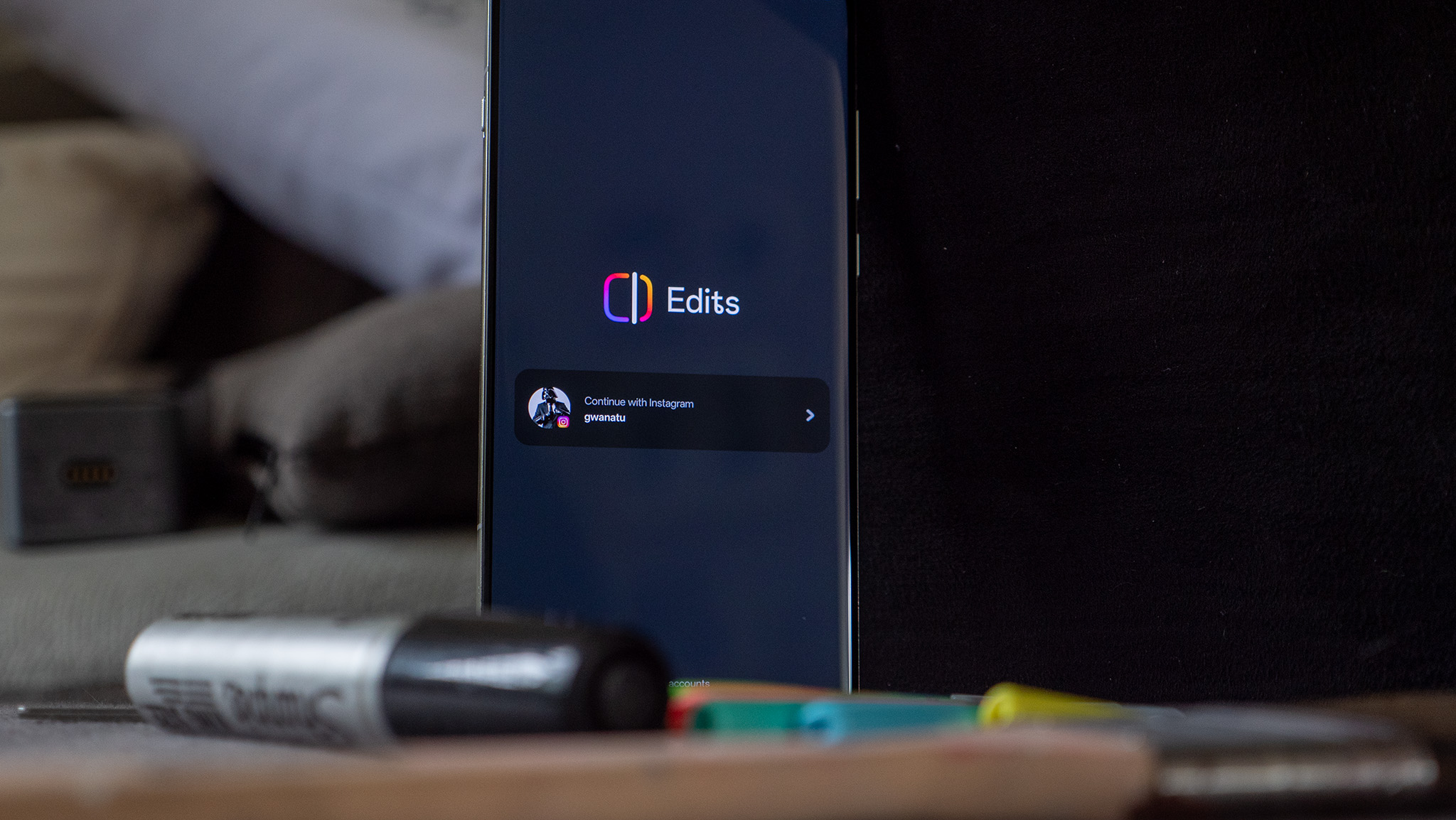
Snapchat has agreed to settle with the FTC over claims that the company deceived consumers over the data it collected and also the security measures taken to prevent unauthorized disclosure. Snapchat's failure to secure its Find Friends feature resulted in a breach that allowed hackers to steal 4.6 million usernames and phone numbers.
In addition, the claims state that Snapchat misrepresented its data collection practices, that they deceptively told their users that the sender would be notified if a recipient took a screenshot of a snap, and that Snapchat stored video snaps unencrypted on the recipient's device.
"If a company markets privacy and security as key selling points in pitching its service to consumers, it is critical that it keep those promises," said FTC Chairwoman Edith Ramirez. "Any company that makes misrepresentations to consumers about its privacy and security practices risks FTC action."
Under the terms of the settlement, Snapchat "will be prohibited from misrepresenting the extent to which it maintains the privacy, security, or confidentiality of users' information." They will also be required to invoke a privacy program that will be monitored for the next 20 years.
Source: FTC
Press Release
Snapchat Settles FTC Charges That Promises of Disappearing Messages Were False
Snapchat Also Transmitted Users' Location and Collected Their Address Books Without Notice Or Consent
Be an expert in 5 minutes
Get the latest news from Android Central, your trusted companion in the world of Android
Snapchat, the developer of a popular mobile messaging app, has agreed to settle Federal Trade Commission charges that it deceived consumers with promises about the disappearing nature of messages sent through the service. The FTC case also alleged that the company deceived consumers over the amount of personal data it collected and the security measures taken to protect that data from misuse and unauthorized disclosure. In fact, the case alleges, Snapchat's failure to secure its Find Friends feature resulted in a security breach that enabled attackers to compile a database of 4.6 million Snapchat usernames and phone numbers.
According to the FTC's complaint, Snapchat made multiple misrepresentations to consumers about its product that stood in stark contrast to how the app actually worked.
"If a company markets privacy and security as key selling points in pitching its service to consumers, it is critical that it keep those promises," said FTC Chairwoman Edith Ramirez. "Any company that makes misrepresentations to consumers about its privacy and security practices risks FTC action."
Touting the "ephemeral" nature of "snaps," the term used to describe photo and video messages sent via the app, Snapchat marketed the app's central feature as the user's ability to send snaps that would "disappear forever" after the sender-designated time period expired. Despite Snapchat's claims, the complaint describes several simple ways that recipients could save snaps indefinitely.
Consumers can, for example, use third-party apps to log into the Snapchat service, according to the complaint. Because the service's deletion feature only functions in the official Snapchat app, recipients can use these widely available third-party apps to view and save snaps indefinitely. Indeed, such third-party apps have been downloaded millions of times. Despite a security researcher warning the company about this possibility, the complaint alleges, Snapchat continued to misrepresent that the sender controls how long a recipient can view a snap.
In addition, the complaint alleges:
- That Snapchat stored video snaps unencrypted on the recipient's device in a location outside the app's "sandbox," meaning that the videos remained accessible to recipients who simply connected their device to a computer and accessed the video messages through the device's file directory.
- That Snapchat deceptively told its users that the sender would be notified if a recipient took a screenshot of a snap. In fact, any recipient with an Apple device that has an operating system pre-dating iOS 7 can use a simple method to evade the app's screenshot detection, and the app will not notify the sender.
- That the company misrepresented its data collection practices. Snapchat transmitted geolocation information from users of its Android app, despite saying in its privacy policy that it did not track or access such information.
The complaint also alleges that Snapchat collected iOS users' contacts information from their address books without notice or consent. During registration, the app prompted users to, "Enter your mobile number to find your friends on Snapchat!" Snapchat's privacy policy claimed that the app only collected the user's email, phone number, and Facebook ID for the purpose of finding friends. Despite these representations, when iOS users entered their phone number to find friends, Snapchat also collected the names and phone numbers of all the contacts in their mobile device address books. Snapchat continued to collect this information without notifying or obtaining users' consent until Apple modified its operating system to provide such notice with the introduction of iOS 6.
Finally, the FTC alleges that despite the company's claims about taking reasonable security steps, Snapchat failed to secure its "Find Friends" feature.
For example, the complaint alleges that numerous consumers complained that they had sent snaps to someone under the false impression that they were communicating with a friend. In fact, because Snapchat failed to verify users' phone numbers during registration, these consumers were actually sending their personal snaps to complete strangers who had registered with phone numbers that did not belong to them.
Moreover as noted above, the complaint alleges that Snapchat's failure to secure its Find Friends feature resulted in a security breach permitting attackers to compile a database of 4.6 million Snapchat usernames and phone numbers. According to the FTC, the exposure of this information could lead to costly spam, phishing, and other unsolicited communications.
The settlement with Snapchat is part of the FTC's ongoing effort to ensure that companies market their apps truthfully and keep their privacy promises to consumers. Under the terms of its settlement with the FTC, Snapchat will be prohibited from misrepresenting the extent to which it maintains the privacy, security, or confidentiality of users' information. In addition, the company will be required to implement a comprehensive privacy program that will be monitored by an independent privacy professional for the next 20 years.
This case is part of a multi-national enforcement sweep on mobile app privacy by members of the Global Privacy Enforcement Network, a cross-border coalition of privacy enforcement authorities. The case is also coordinated with the Asia Pacific Privacy Priorities forum's Privacy Awareness Week.
The Commission vote to accept the consent order for public comment was 5-0.

Adam is the Editorial Director of High-Yield content at Future. Leading an outstanding team, he oversees many articles the publisher produces about subscriptions and services including VPN, TV streaming, and broadband. In addition to identifying new e-commerce opportunities, he has produced extensive buying guides, how-to-watch content, deal news, and in-depth reviews. Adam's work can be seen on numerous Future brands including TechRadar, Tom's Guide, T3, TTR, Android Central, iMore, Windows Central, and Real Homes.
